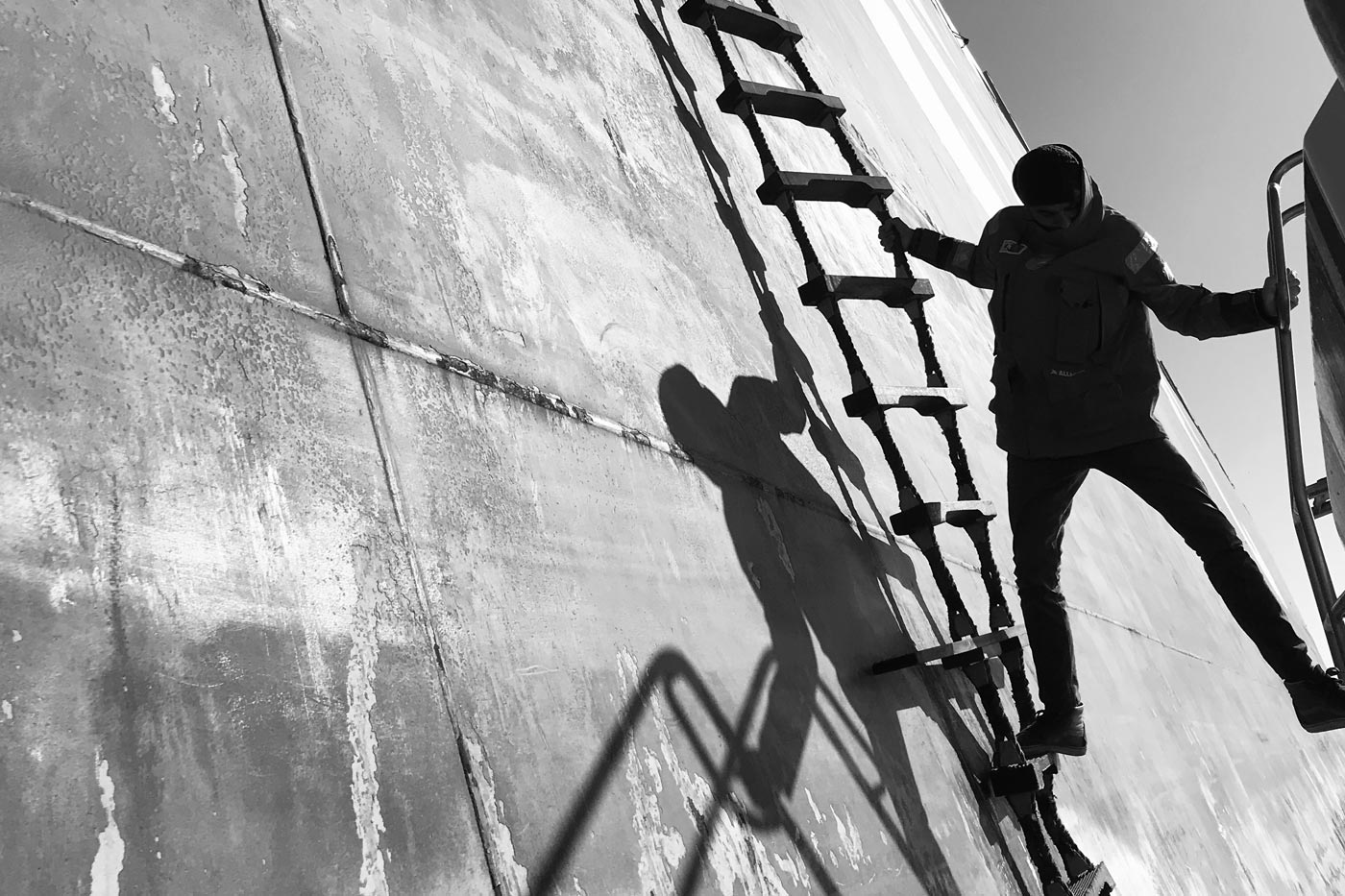The entire organization of the French pilotage consists in 31 pilot stations – 23 in France and 5 in the French overseas departments, 3 in overseas territories and a cooperative of deep sea pilots – with a total of 334 pilots, 257 seamen, 14 flying staff, 108 administrative staff and 14 auxiliaries. 725 people in total. Apart from ashore equipment for pilot stations, pilots dispose of offices, computers, radars, cars and maintenance facilities -nautical equipment consists of one pilot boat, 101 fast pilot launches (with a minimum length of 12 meters), three helicopters, two single-motor planes and a workshop pontoon.
Maritime pilotage is organized by the article L5341-1 and following of the Transport Code (Ordonance No. 2010-1307 of 28 October 2010) and by articles in R5341-1 D5341-87 Code of Transport (Decree No. 2014- 1670 of 30 December 2014). The operation of pilot stations is under the supervision of the Transportation Department. After the decentralization of the administration, made in France in 1982, the Transport Minister authority on pilot stations was transferred to the Prefect of each region which supervises pilotage issues under the control of the “French Maritime Administration”.
While Minister of Transport is responsible for pilotage and especially the general rules applicable to all pilot stations, Prefects of Region, must fix the specific local regulations to each pilot station in accordance with the general national regulations. Despite the diversity of pilotage conditions in each station, it shows a real unity in the organization of pilotage.

